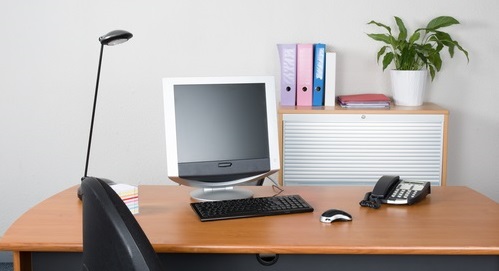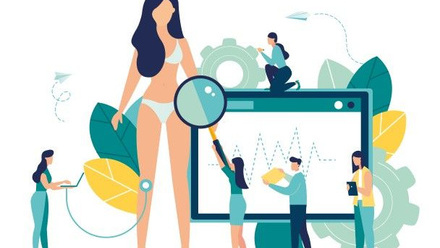How to create a more mindful workplace
Mindfulness is a hot topic at the moment and many businesses are looking at ways to incorporate this in the workplace.

1) Improve resilience and wellbeing
Mindfulness can help us to become more self-aware, in turn allowing us to understand resilience and how to develop it. It supports us in noticing the things that drain our energy, such as stress, worries or being over worked, and importantly, it provides us the opportunity to do something about it.
Mindfulness can also help us to work more skilfully with our thoughts. It allows us to recognise how they affect our feelings and, in turn, how this makes us behave. The way we act can impact those around us, so you can soon see how mindfulness can begin to have a positive effect in a working environment.
2) Improve working relationships
Many of us spend more of our ‘awake’ hours at work with our colleagues than we do with our loved ones. This can be difficult to comprehend at times, but if anything, it emphasises the importance of the relationships we have with those we work with.
It’s thought that mindfulness can help to improve relationships at work - positive working relationships create productive, successful teams who support each other, enjoy each other’s contributions and are able to discuss and resolve differences.
3) Improve your performance
Mindfulness can improve performance in many different ways. If you manage a team, mindfulness can help you to approach challenges with perspective so you can make better, more informed decisions. Mindful decisions are considered, evaluated and less likely to be swayed by what we already know and believe to be correct. We’re also more likely to step away from invaluable tasks that have inefficiently used a great deal of our time and effort. but are no longer of value.
Mindfulness also helps with creativity. It teaches us to observe our thoughts without reacting to them, which over time might help us to generate ideas. It can prevent us from becoming distracted when creativity strikes and also encourages us to think flexibly – breaking the mould and challenging tradition.
Mindfulness in practice - top 5 tips:
1) Lead by example
If your a manager, be aware that your behaviour can give a message to your staff. If you’re emailing before or after working hours, your employees may feel as though they should too.
2) Improve focus by minimising distractions
Encourage people to leave all phones, laptops and tablets outside of meetings.
3) Promote clutter free desks
It’s less overwhelming to start each day with a clear desk.
4) Put as much effort into compliments as complaints
Perhaps have a compliments jar. If you have a day which is overwhelming – perhaps there’s a stressful deadline approaching – remind yourself and your team what you do well by reading out some of the entries.
5) Keep talking
If you’re a manager, encourage open conversations around how people are feeling and make sure information on wellbeing is accessible to your employees.
For more information - http://www.bupa.co.uk/Newsroom/OurViews/How-to-create-a-more-mindful-workplace
Jane Bozier is a registered nurse and mindfulness expert at Bupa UK.
This article was provided by Bupa UK.
Supplied by REBA Associate Member, Bupa
Bupa's purpose is helping people live longer, healthier, happier lives and making a better world.







